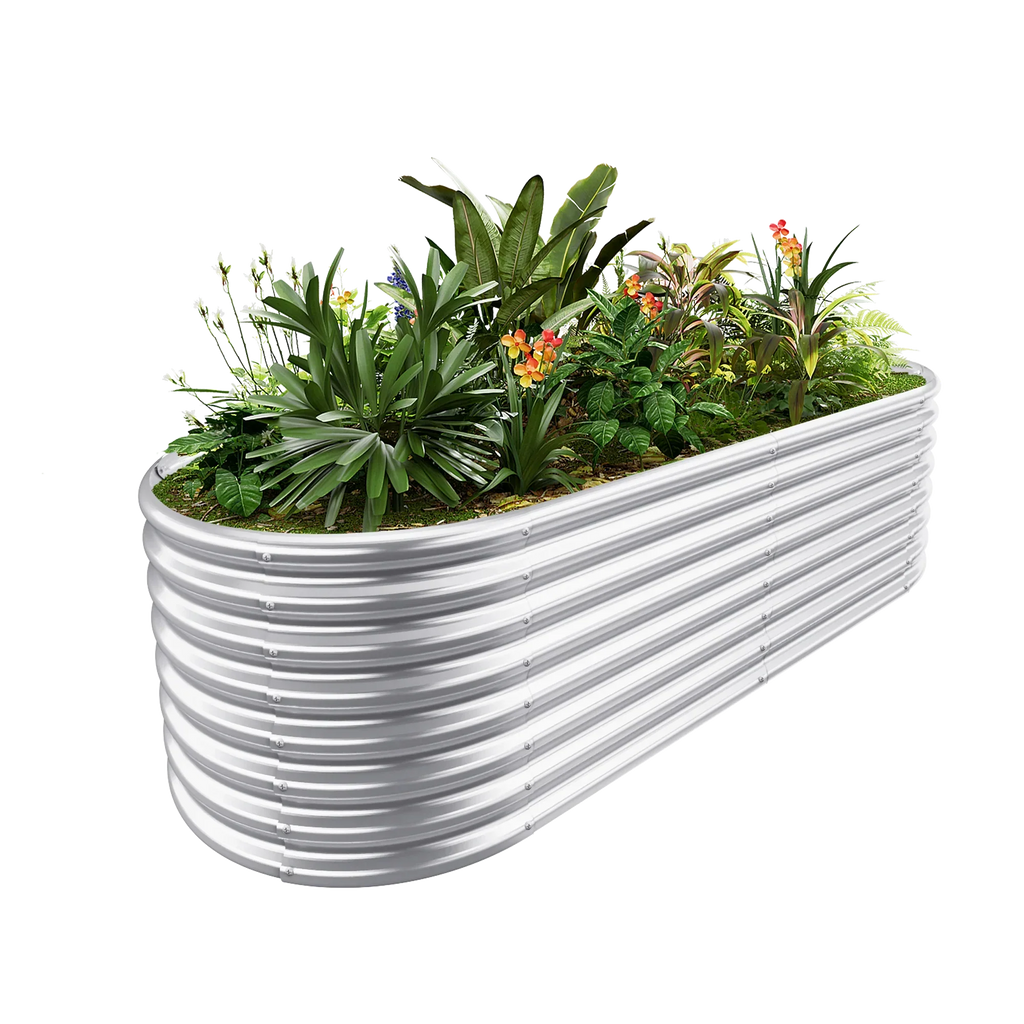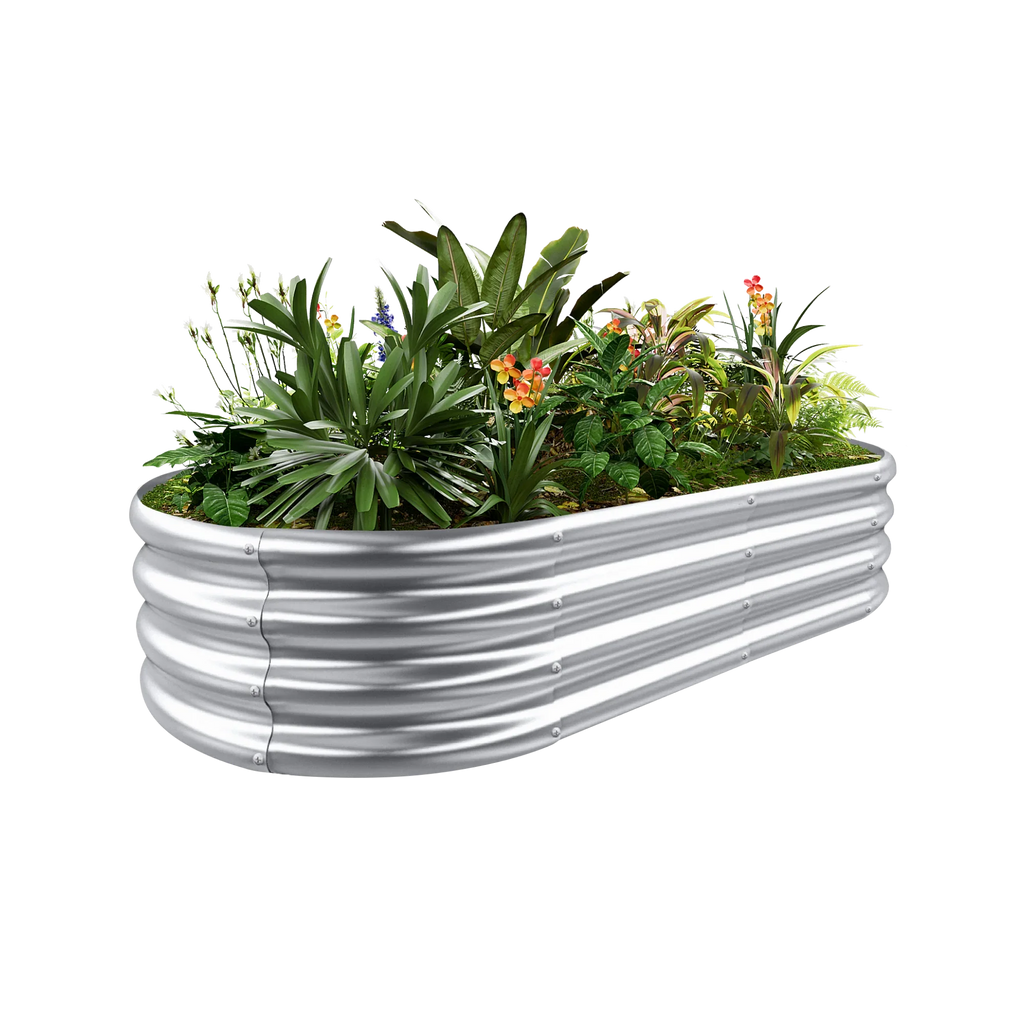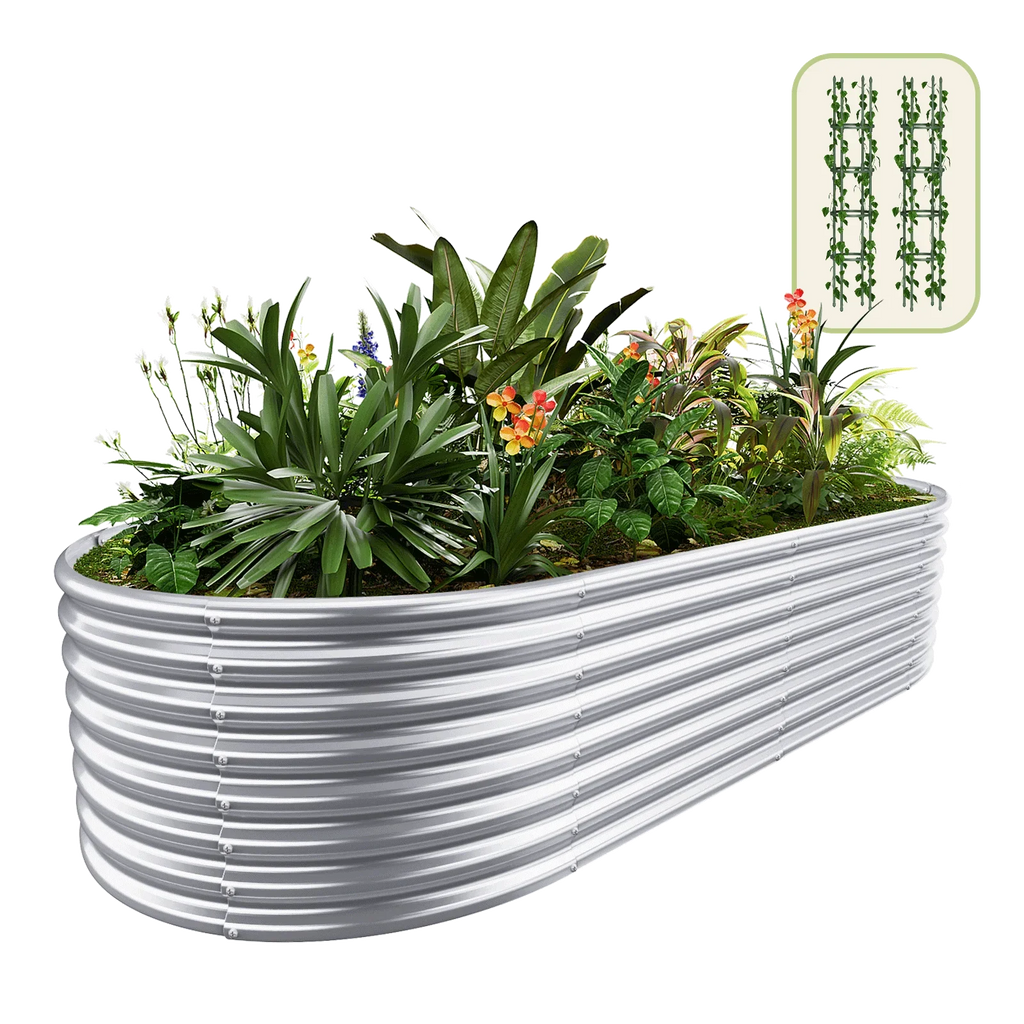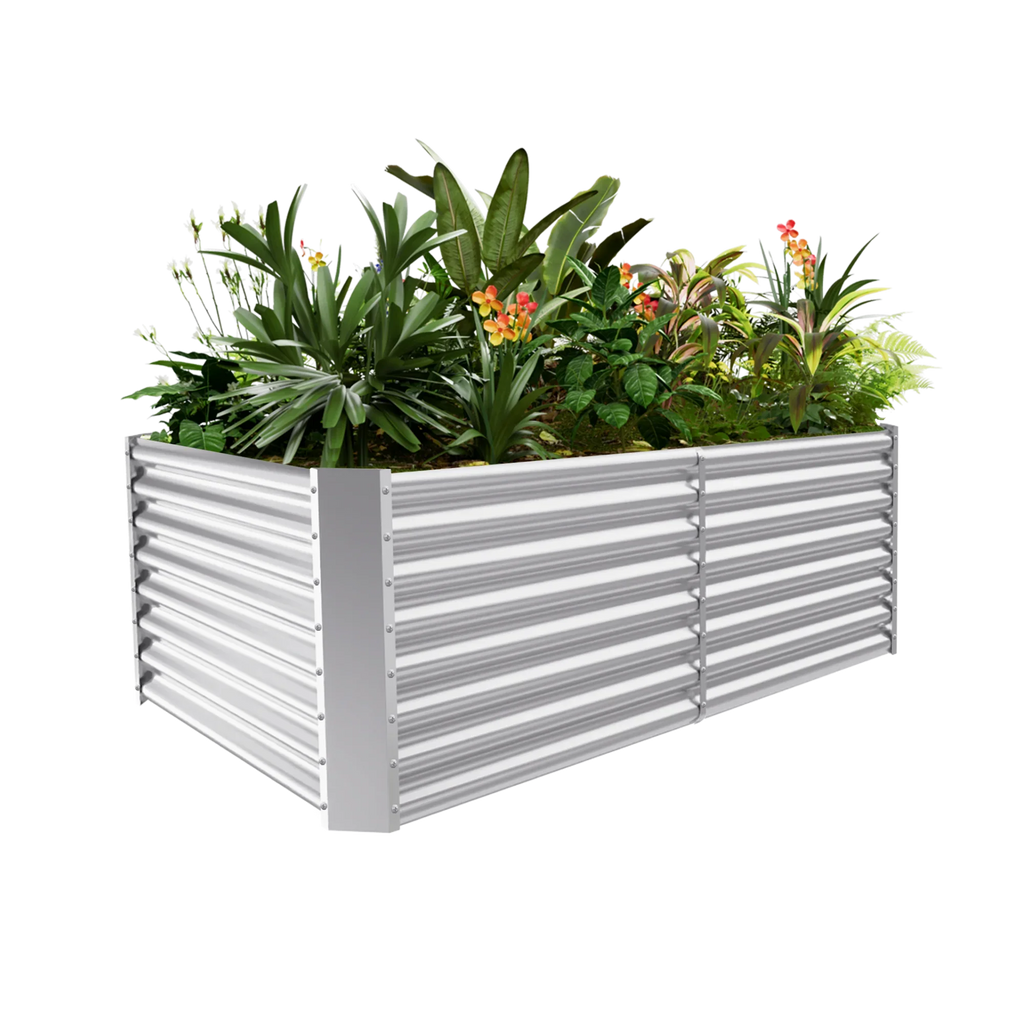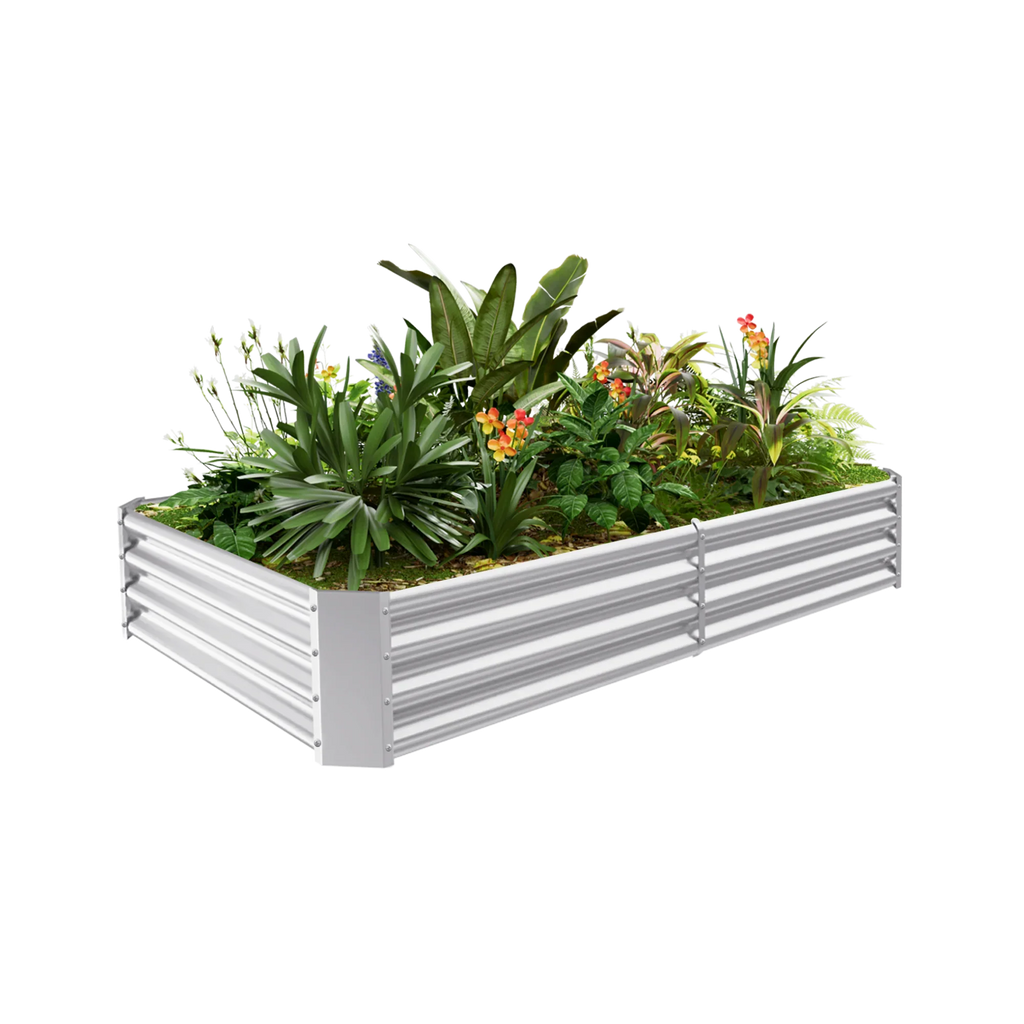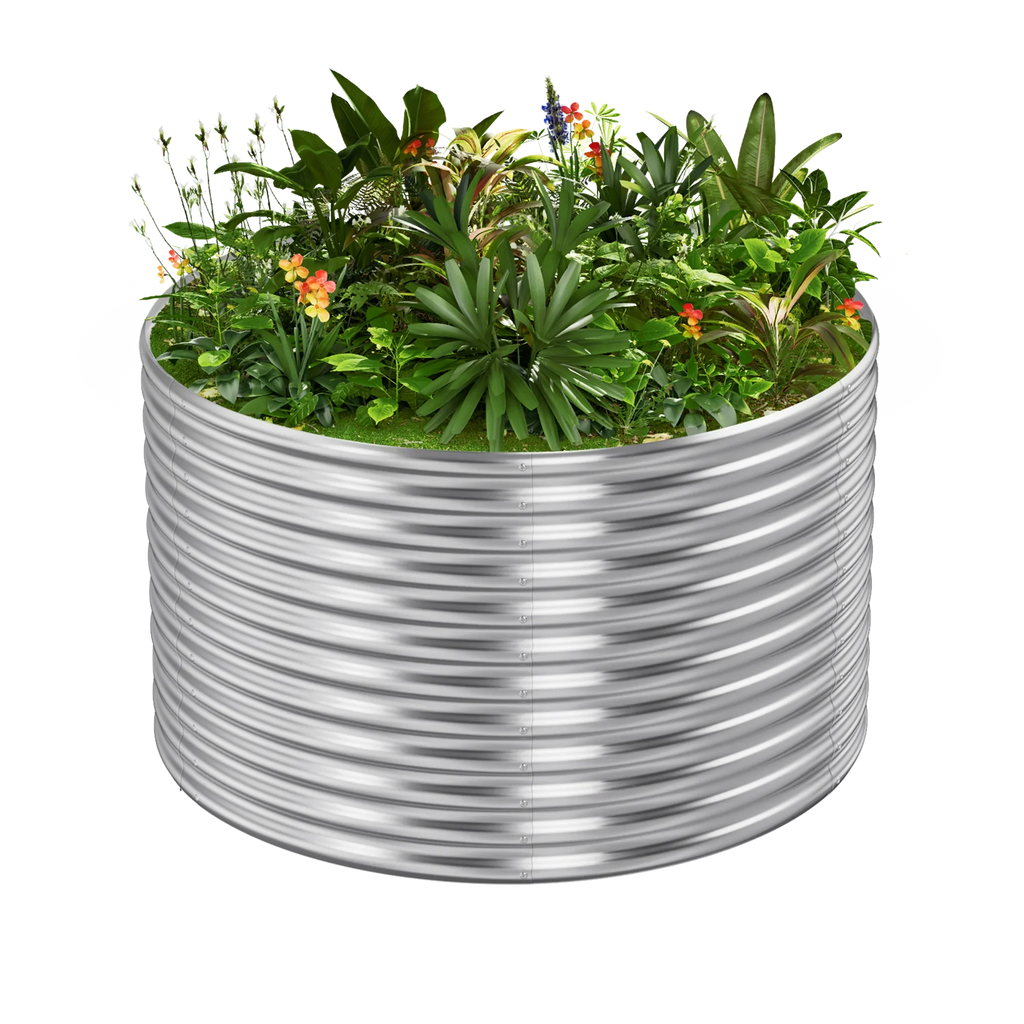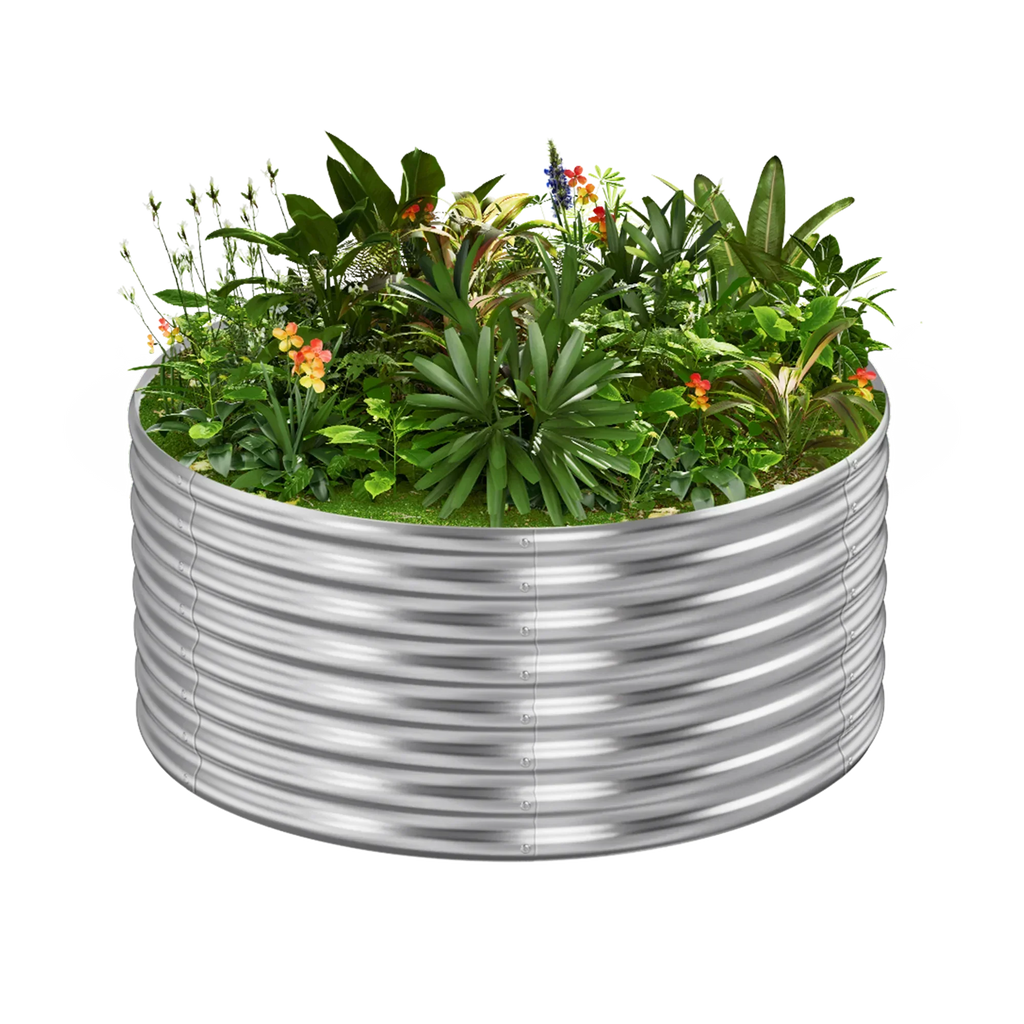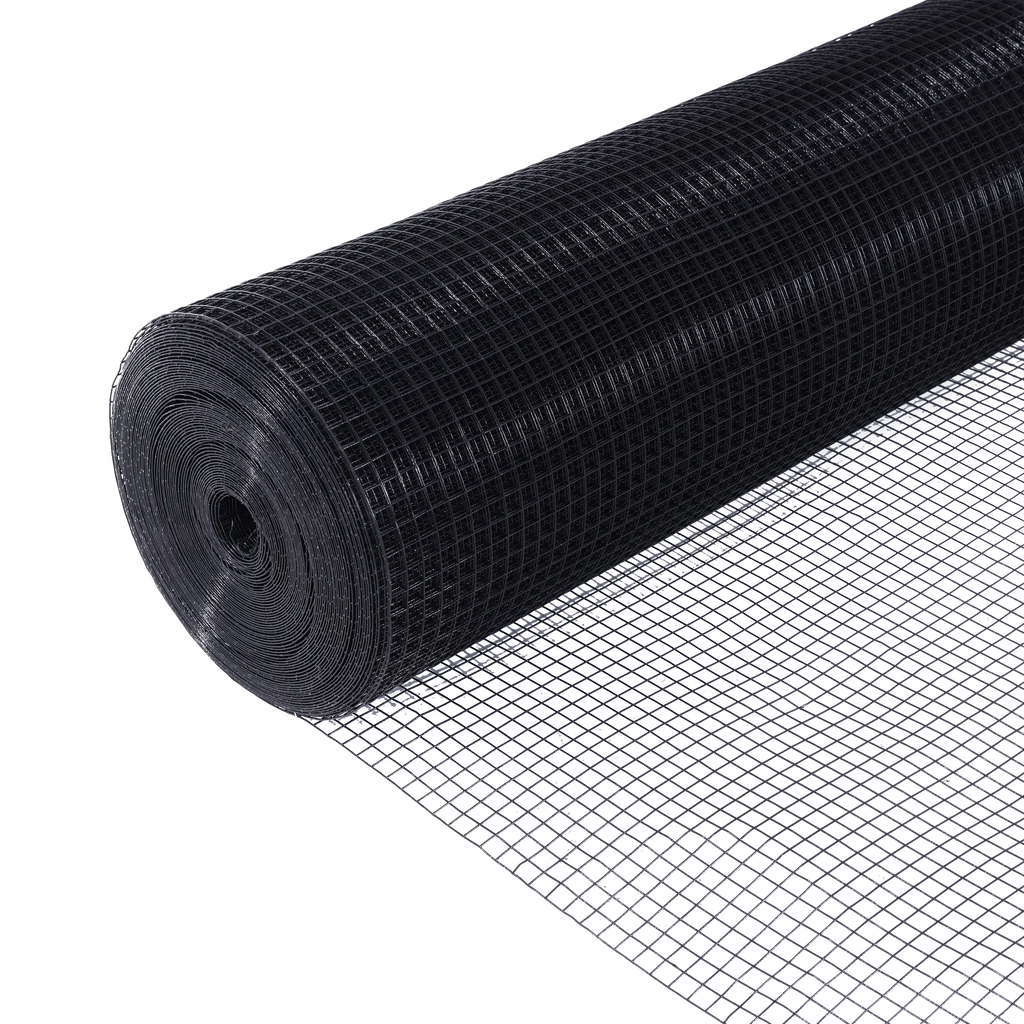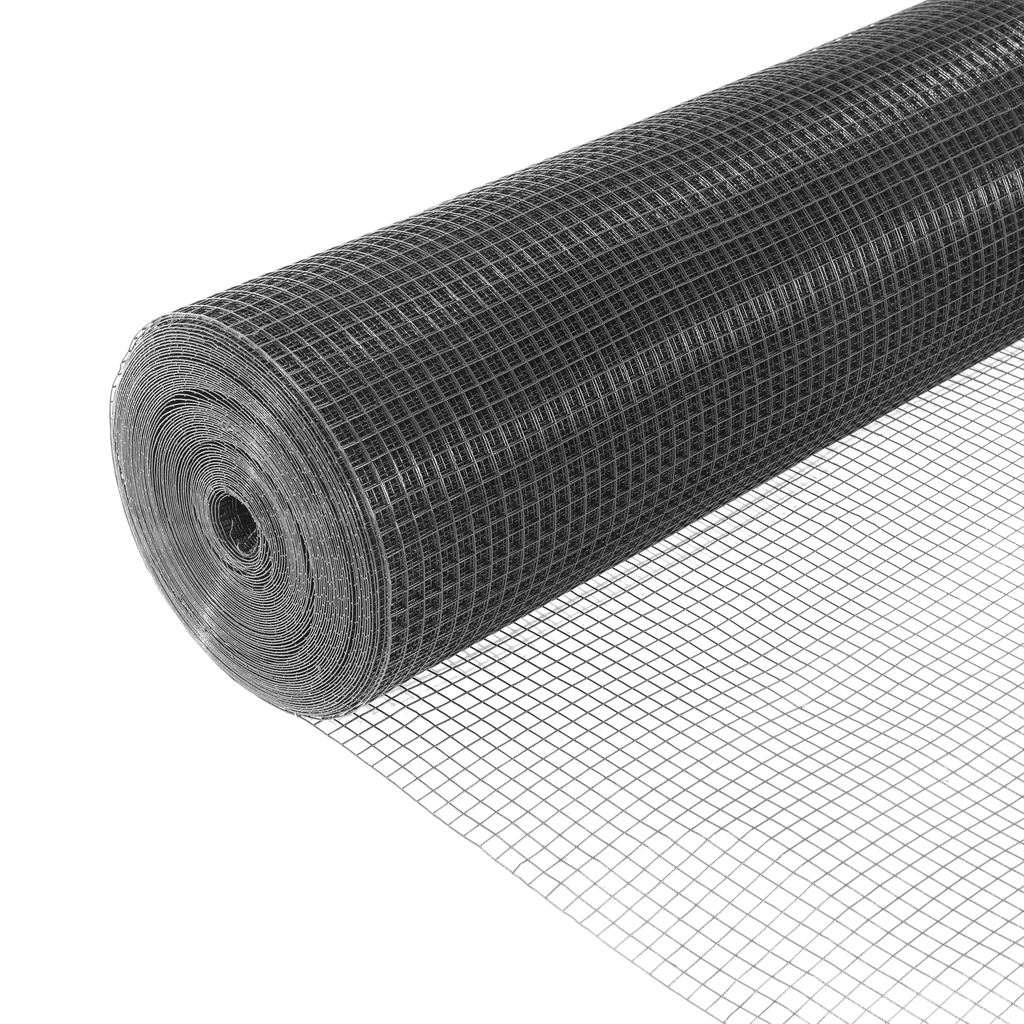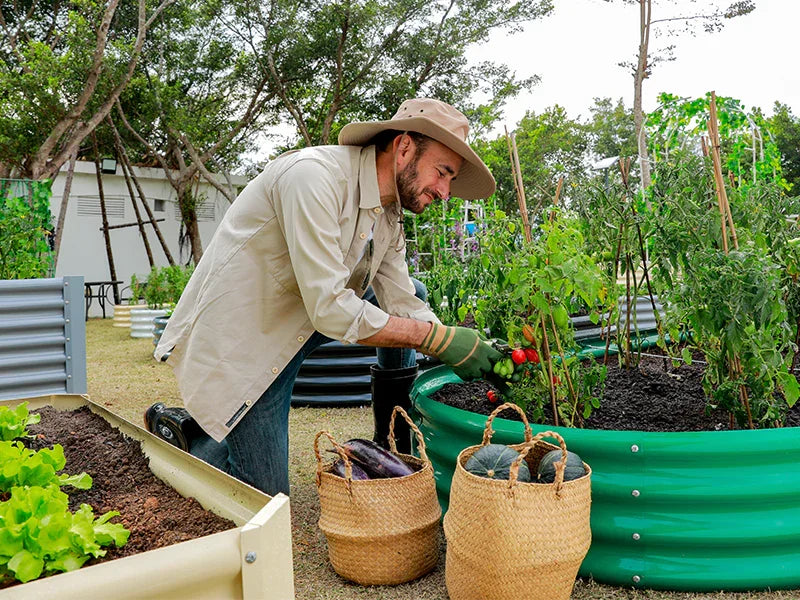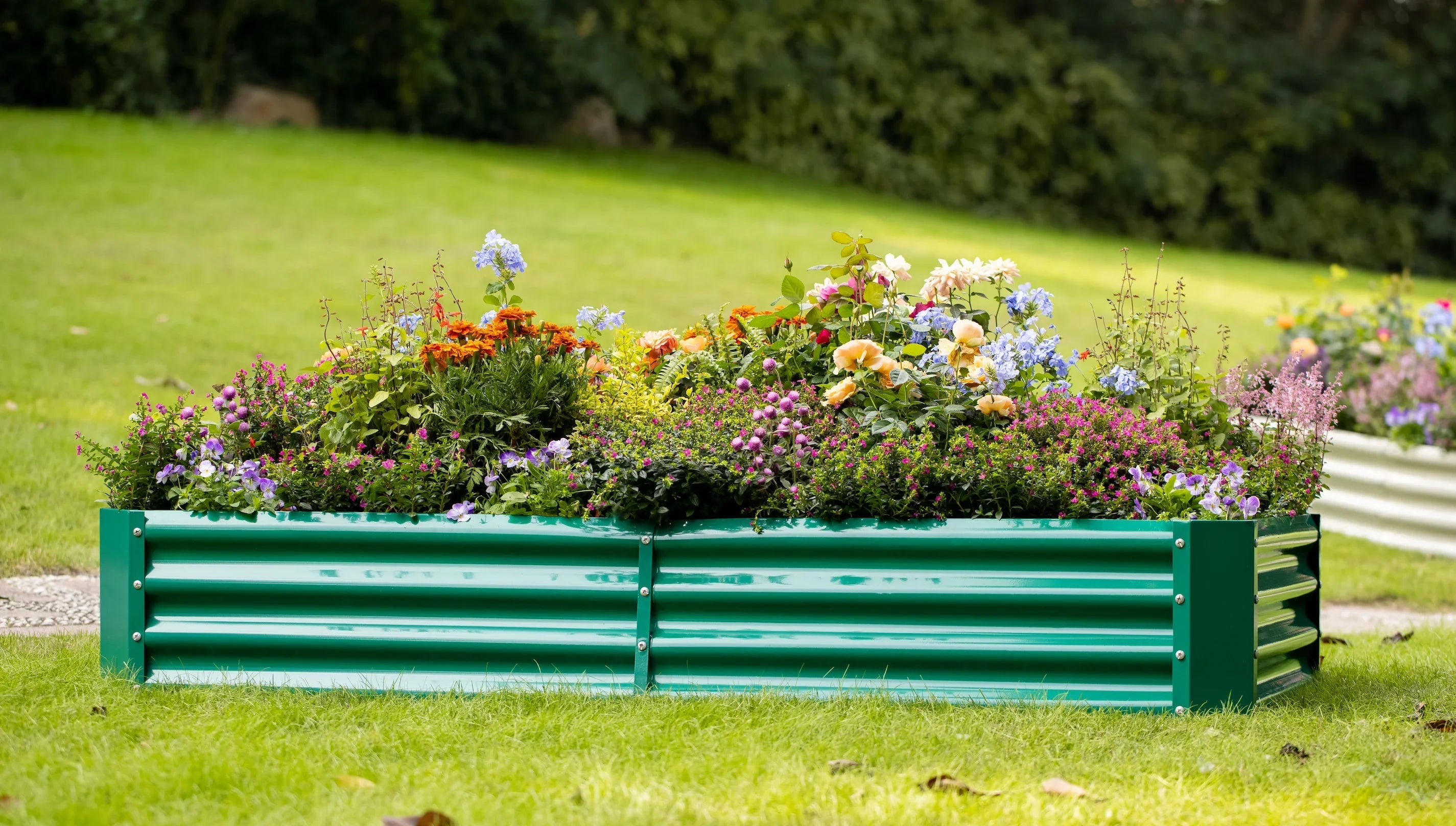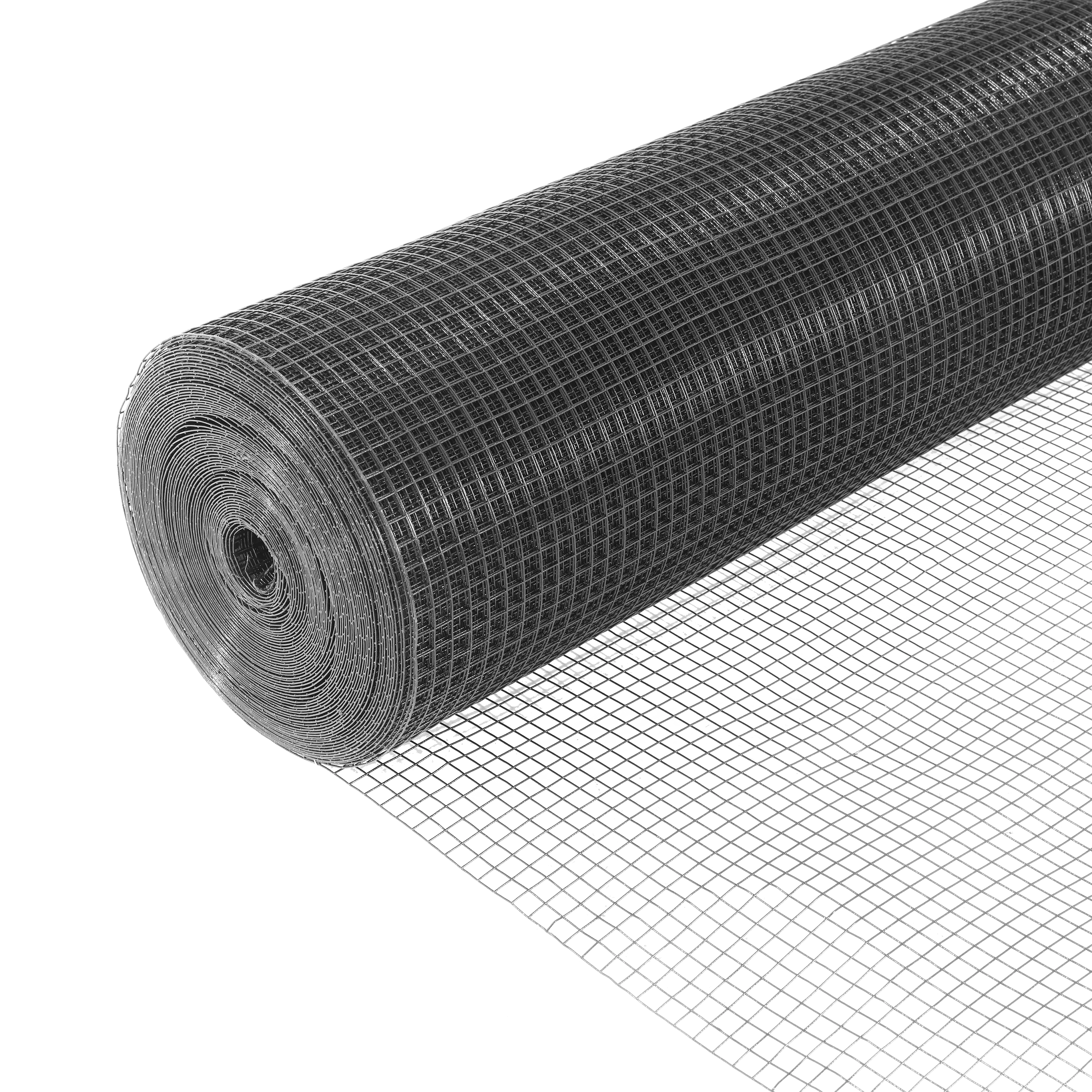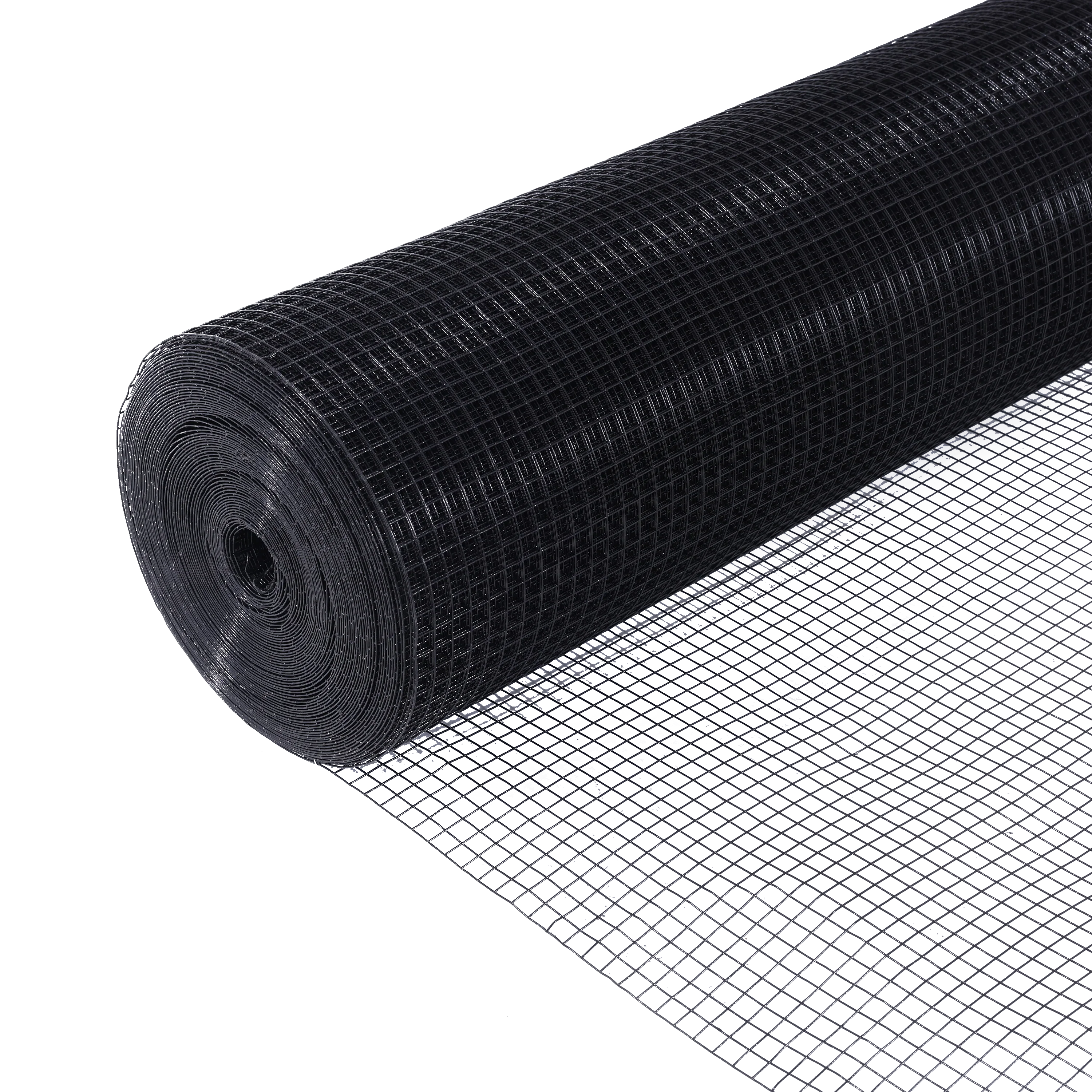Blueberries are a joy to grow at home, offering sweet rewards for gardeners who meet their unique needs. These plants crave acidic soil, ideally with a pH between 4.5 and 5.5. If you’re growing blueberries in raised beds—a popular choice for controlling soil conditions—you might need to tweak the soil to suit them. One simple, eco-friendly solution? Coffee grounds. In this article, we’ll dive into how coffee grounds can acidify your soil and share practical tips to help your blueberries thrive.
Why Blueberries Love Acidic Soil
Blueberries aren’t like most plants—they’re picky about their environment. Their roots are built to soak up nutrients in acidic conditions. If the soil leans too alkaline, they struggle to absorb essentials like iron and nitrogen, which can stunt growth or leave you with lackluster berries. Keeping the pH in that sweet spot of 4.5 to 5.5 ensures your plants stay healthy and productive.
What Makes Coffee Grounds Special?
Coffee grounds are a gardener’s secret weapon. They’re packed with nitrogen, a nutrient plants love, and they gradually lower soil pH as they break down. Beyond that, they improve soil texture, help retain moisture, and attract helpful microbes that boost plant health. Plus, using coffee grounds keeps kitchen scraps out of the trash—an easy win for sustainability.

How to Use Coffee Grounds in Raised Beds
Ready to put coffee grounds to work? Here’s a straightforward guide:
· Gather Your Grounds: Start saving used coffee grounds from your morning brew. Or, pop into a local coffee shop—many are happy to hand over their leftovers for free.
· Mix Them In: Before planting, blend coffee grounds into your raised bed soil. A good rule of thumb is about 20% coffee grounds by volume—enough to make a difference without overwhelming the mix.
· Add a Top Layer: After planting, sprinkle a thin layer of grounds around your blueberry bushes. This acts as a mulch, locking in acidity and releasing nutrients slowly over time.
· Check the pH: Test your soil’s pH every few months to stay on track. Grab a simple testing kit from a garden store or send a sample to your local extension service.
Extra Acidifying Tips
Coffee grounds are great, but they’re not the only option. Here are a few more tricks to keep your soil acidic:
· Sulfur: Sprinkle elemental sulfur into the soil for a slow, steady pH drop. Follow the package directions to avoid overdoing it.
· Peat Moss: Work some peat moss into your mix—it’s naturally acidic and improves drainage, too.
· Vinegar: For a quick fix, try a diluted vinegar solution (like one part vinegar to ten parts water). Use it sparingly, though—it’s not a long-term solution and can harm plants if overused.
Wrapping It Up
Growing blueberries in raised beds is a fantastic way to enjoy fresh, homegrown fruit, and getting the soil right is half the battle. With coffee grounds and a few extra tricks, you can create the acidic conditions blueberries crave. Keep an eye on your soil’s pH, tweak as needed, and soon you’ll be harvesting juicy berries. Happy gardening!






